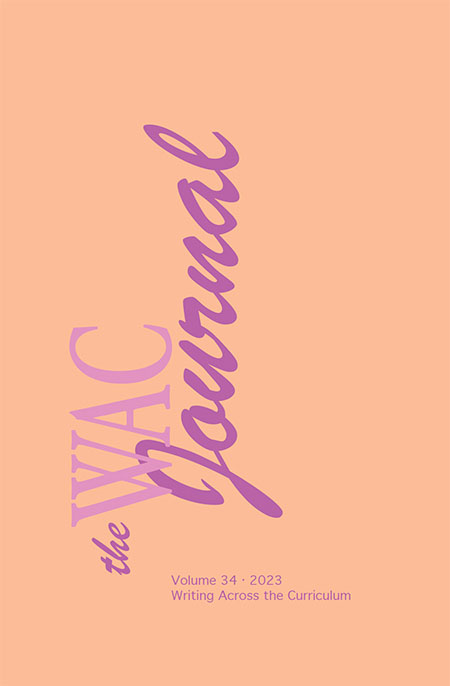Profs. Barclay Barrios and Jeff Galin coauthor "Toward More Sustainable Antiracist Practices"
Congratulations to Professors Barclay Barrios and Jeff Galin on publication of an article, "Toward More Sustainable Antiracist Practices," in The WAC Journal: 34.1.
Barrios and Galin coauthored the article with Sherri Craig. The article is both a theoretical critique of antiracist assessment practices and a set of strategies for making such programs more sustainable.
The abstract from "Toward More Sustainable Antiracist Practices":
Inspired by the recent upheaval of their cities and institutions following the public, gruesome murder of George Floyd—a result of police violence— writing studies programs across the country have taken an increased inter- est in issuing statements on equity and inclusion and providing spaces in their courses and programs for antiracist and pro-Black assessment prac- tices. Some institutions also have examined hiring practices, established equity and inclusion committees to review campus policies, and offered workshops and materials on addressing equity concerns on campuses. The national push to address these concerns through diversity, equity, and inclu- sion (DEI) programming has led to significant backlash. An article on the CNN website, “DEI programs in universities are being cut across the coun- try. What does this mean for higher education?,” recently noted that “[m] ore than a dozen state legislatures have introduced or passed bills reining in DEI programs in colleges and universities, claiming the offices eat up valu- able financial resources with little impact” (para. 4). The Chronicle of Higher Education’s “DEI Legislation Tracker” reports further that nineteen states have introduced forty bills to restrict DEI practices in higher education, and so far seven states have approved and enacted those laws, while twenty-nine bills have been tabled, failed to pass, or vetoed. The fact that so many states have been actively pursuing such bills suggests that diversity, equity, and inclusion efforts are under attack. They have become a favorite target for the political right in its fight against what Ron DeSantis calls the nation’s “woke agenda.” Noting the extensive backlash means that DEI programming has had an impact. [ . . . ]
